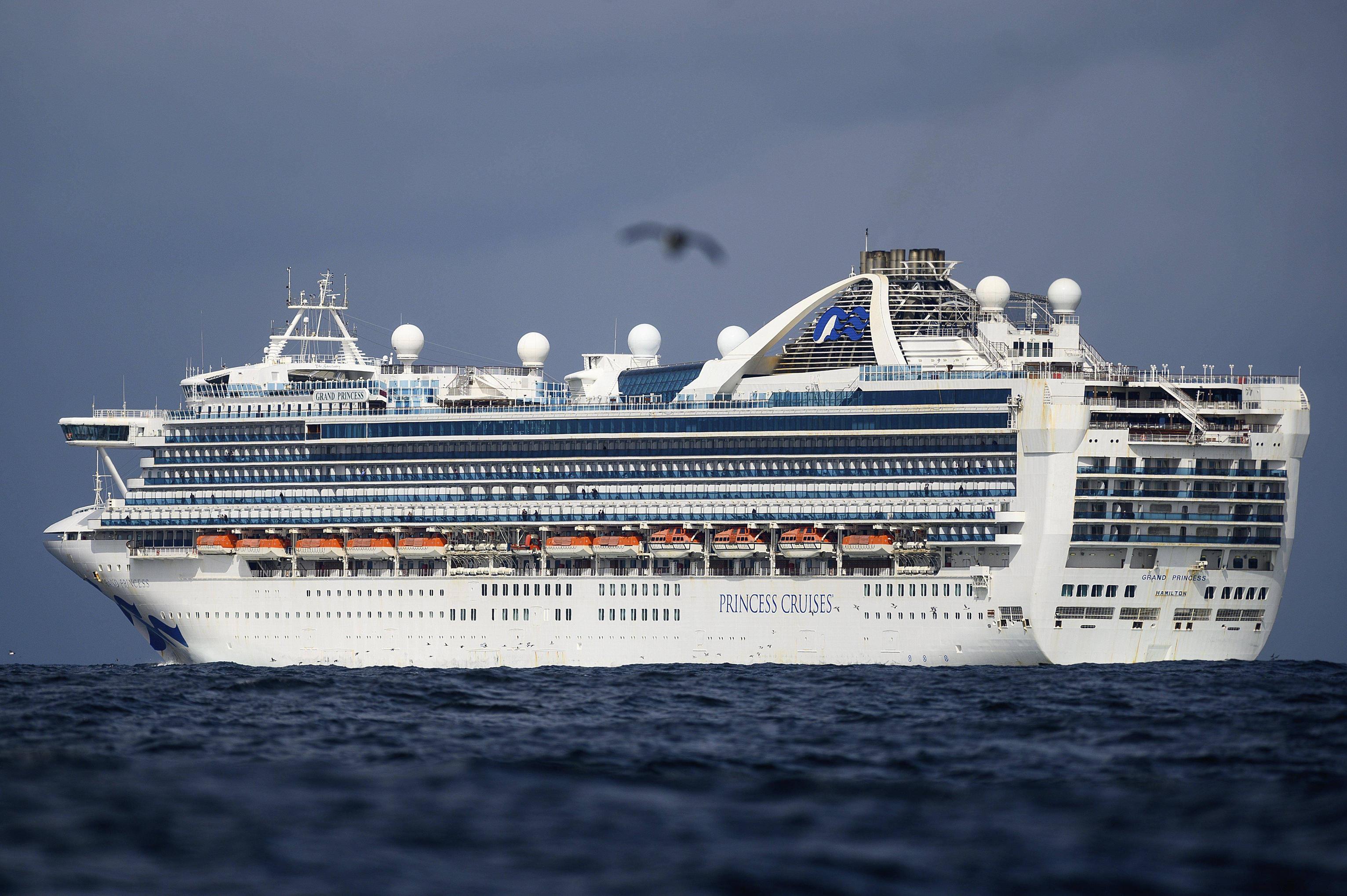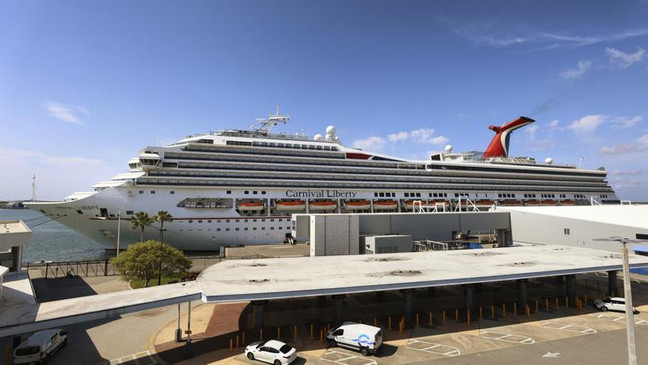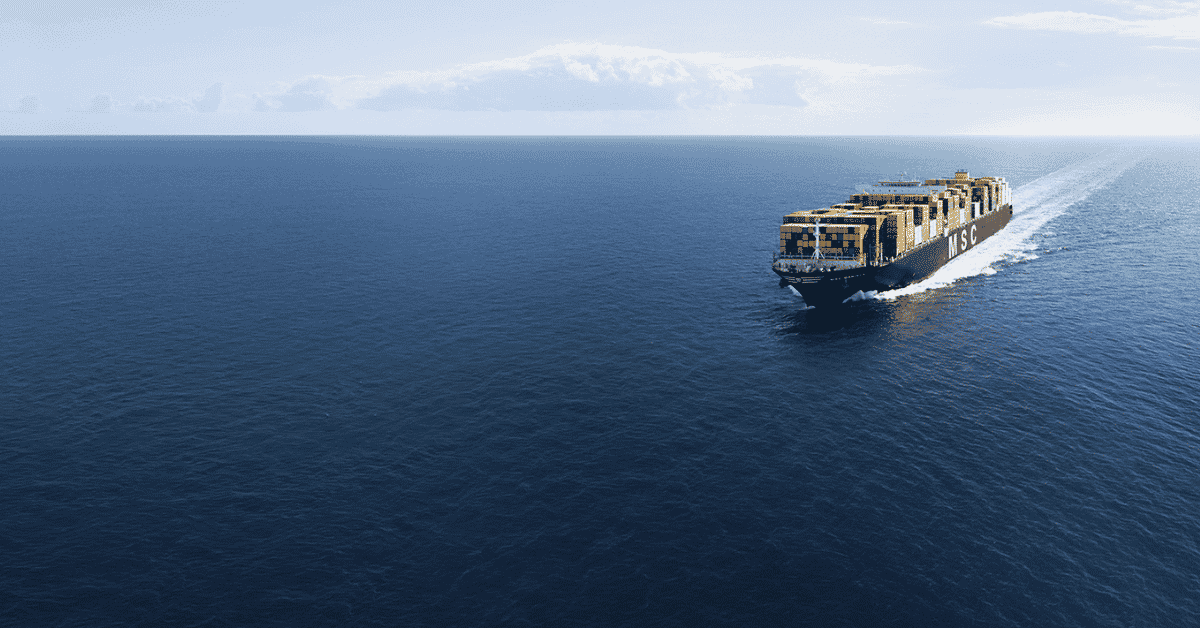
Captains of cruise ships are responsible for all aspects, including safety and well-being. This demanding job requires long hours and constant call duty. You will need to be able work around the clock on cruise ships.
Qualifications for the cruise ship captain's position
A few qualifications are necessary to be able to apply for a job aboard cruise ships. A bachelor's degree from an accredited maritime academy is required in most cases. These courses usually last four years and are designed for students who want to enter the maritime industry. In some cases, however, you might need to take additional courses in order to obtain the qualifications you desire.
A cruise ship captain's job is similar to that of a merchant ship captain. Additionally to a bachelor’s degree, you will also need extensive seagoing experience. You'll need a lot of experience and to pass many exams before you can apply. A test that assesses your knowledge of the computer equipment aboard will be required.

Job description
The cruise ship captain oversees the ship's operations. This includes ensuring that the ship is compliant with all applicable laws. He should also be able to interact with passengers, participate in social functions, and enforce safety protocols. A captain of a cruise vessel must love his job, regardless of how experienced.
The captain is also responsible for maintaining the ship logs. He must coordinate and work with other crew members. He must also ensure the ship follows port state, flag, and international rules. In addition, he must be able to handle stress and high-stakes situations.
Salary
A cruise ship captain is one of the most prominent roles on a cruise ship. They are responsible for ensuring safety and compliance with the law. They must also socialize with the passengers. They must be calm and composed even under stress.
Multitasking ability is an essential skill for cruise ship captains. They must be able and able to multitask, as well as communicate with crew members. They must also have excellent interpersonal skills as they are essential to creating a positive working environment.

Work experience
Experience at sea is a must to get a job on a cruiseship captain's deck. You will need to have leadership skills and a good understanding of the ocean currents, winds, tides, and maritime engineering. You also need to be able to manage the ship's logistical needs. Belinda Bennett is an outstanding example of a captain who overcame the doubts of other crew members and seasickness to become a captain of a cruise ship.
Along with leadership, you will need to be able and able to manage and multitask to ensure passengers and crew members are treated with care. Despite the high level of responsibility, this job is very rewarding. You will have great control over all operations and incidents onboard as a captain.
FAQ
Are cruise ships safe?
Yes, cruise vessels are safe places to travel. Many cruise ships have state-of the-art security and technology. Cruise ships must also comply with strict safety standards. All crew members are subject to extensive training and background checks. Passengers are screened upon boarding the ship. Some cruise lines require passengers show proof that they have been vaccinated against certain diseases. If you have any questions about safety while aboard, contact customer service immediately.
What do you get on a cruise?
It is important to have fun. It doesn't matter if you have a lot of fun, but it is important to enjoy your time.
There are plenty of activities available for everyone. And if you're bored, someone always wants to talk to you.
Cruising is all about relaxing and enjoying yourself. It's not all about seeing as much as you can.
There are many types of cruises available. They range from shorter trips across Europe to more extended journeys across the Pacific. The length of the trip will depend on what you are looking to do during your vacation.
Where should my cruise take me?
You can choose to travel to different ports of calling if this is something you are interested. This information can also be used as a way to narrow down your search. If history is your passion, then you might be interested in a cruise which visits places like Alaska, Bermuda, Canada and England. If you are more into beaches and water sports, you might want an itinerary that includes destinations such as Jamaica, Aruba, Bahamas, Costa Rica, Panama, Hawaii, Tahiti, etc.
Which type of cabin should I choose?
When deciding on a cabin, think about what size room you want. Do you like sharing a bathroom or would you prefer to have your own? Would you prefer your own private bathroom? Do you find noise essential? Are you more likely to be in the dining area than in your stateroom? Consider whether you would prefer an interior or balcony view. Balconies provide more space, but can sometimes make it noisy. Interior views are typically quieter then balconies.
Are there any downsides to cruising
You should consider the pros and cons to cruising. Some people may find that they don't want to spend their entire vacation on a boat. Others may prefer to be near the shore or in a resort. Others may be uncomfortable traveling so far from home. These fears can be easily overcome if you choose a cruise with plenty time ashore.
Statistics
- You can save 15% off the total price if you book in advance of your trip. (travel.usnews.com)
- The line estimates savings of 50% when you purchase this bundle. (travel.usnews.com)
- If you're traveling alone, you may also need to factor in a single supplement, adding up to as much as 100% of the cruise fare. (travel.usnews.com)
- *20% Gratuities Apply on Free Unlimited Open Bar; Free Specialty Dining. (ncl.com)
External Links
How To
How do I plan my first Cruise?
A cruise planning process is similar to any other trip. There are many things you need to consider such as where to go and what activities to include, costing, and budgeting. However, if you're new to cruising, there are some key differences when planning your first cruise. For example, cruises typically last much longer than land vacations (up to 3 weeks), so you won't want to leave anything out! These tips can make your vacation easier.
-
Start early. Book your cruise at least six months in advance. You'll be able to find great deals and avoid crowds. Plus, you'll have plenty of time to research the ship, itinerary, ports, and activities. You might even find a deal on airfare too!
-
You can choose a destination. There are many reasons people love to cruise to different destinations. Some love to travel while others prefer to relax and unwind on the boat. Whatever floats your boat, just remember to keep in mind the type of destination you'd like to visit. An island in the Caribbean is a popular choice, closely followed by Europe and Alaska.
-
Consider booking a suite - If money isn't an issue, book a suite. Suites offer more space, a private balcony, and other amenities. They can be rented from $100 to $300 per night, depending upon the size of your room or the availability of suites on your sailing date.
-
Check the weather forecast - Cruising is often associated with warm tropical climates. Check the weather forecasts for days that you will be visiting ports. You should be aware of the potential dangers from the ocean, especially in Antarctica and Alaska.
-
Pack light - When packing for your cruise, limit yourself to only 10 items. No need to take too many clothes or shoes with you. You can instead pack all you need in small, carry-on-sized bags. You should also bring layers of clothing as you may not always have access to laundry facilities.
-
Do your homework - Before you buy tickets, read reviews online. You should understand their pricing policies and what services they offer. Also, make sure to check if cancellation policies are applicable.
-
Do not miss these must-see destinations - Make sure you visit each port at least once. Each area has its own charms and culture so you should take advantage of every opportunity.